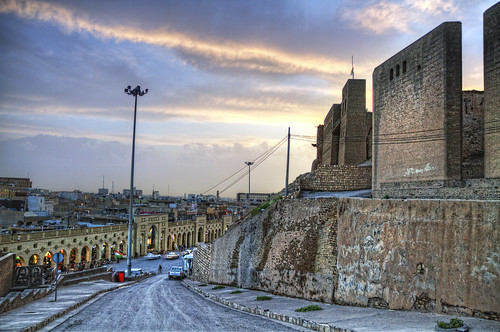STANDING UP FOR GAZA IN NEW YORK CITY
Not for the Squeamish
by Bill Weinberg, The Villager
On July 28, the same day that some 10,000 joined a "New York Stands with Israel" rally at the UN, my frustration was compounded by a demoralizing encounter outside St. Mark's Church. I was biking down Second Ave., and saw the "FREE PALESTINE" banner outside the church, and stopped to check it out. To my disappointment (but not, alas, surprise) it was one of the highly problematic groups that have mobilized around that issue in New York City. In this case, "If Americans Knew."
It is obvious from its name that this is basically a right-wing nationalist formation with (at least) an anti-Semitic streak. Right, I think every time I see their name, "Americans" are pure and righteous (never mind Gitmo and Abu Ghraib and "shock & awe"), but are being hoodwinked into supporting atrocities by those wily Jews… I nonetheless took one of their flyers just to see what it said, and was dismayed to find it was a big quote from Gilad Atzmon, a practically open Jew-hater (notwithstanding his own Jewish origins), with a website full of Holocaust revisionism, claims that Hitler's anti-Semitism was "in direct response to the declaration of war on Germany by the worldwide Jewish leadership," and other such gems.
When I told the woman who handed me the flyer I don't like Gilad Atzmon, she smiled smarmily and said, "He's awesome."
And that wave of existential loneliness swept over me yet again… With death raining down on the Gaza Strip, Israel's atrocities must be opposed—urgently, uncompromisingly. But groups like "If Americans Knew" and figures like Gilad Atzmon just play right into the propaganda ploy that any opposition to Israel is anti-Semitism. Their presence on this issue is worse than useless: it is deeply counter-productive.
It has actually been hard to find protests I can join against the aerial terror on Gaza.
Continue ReadingSTANDING UP FOR GAZA IN NEW YORK CITY


